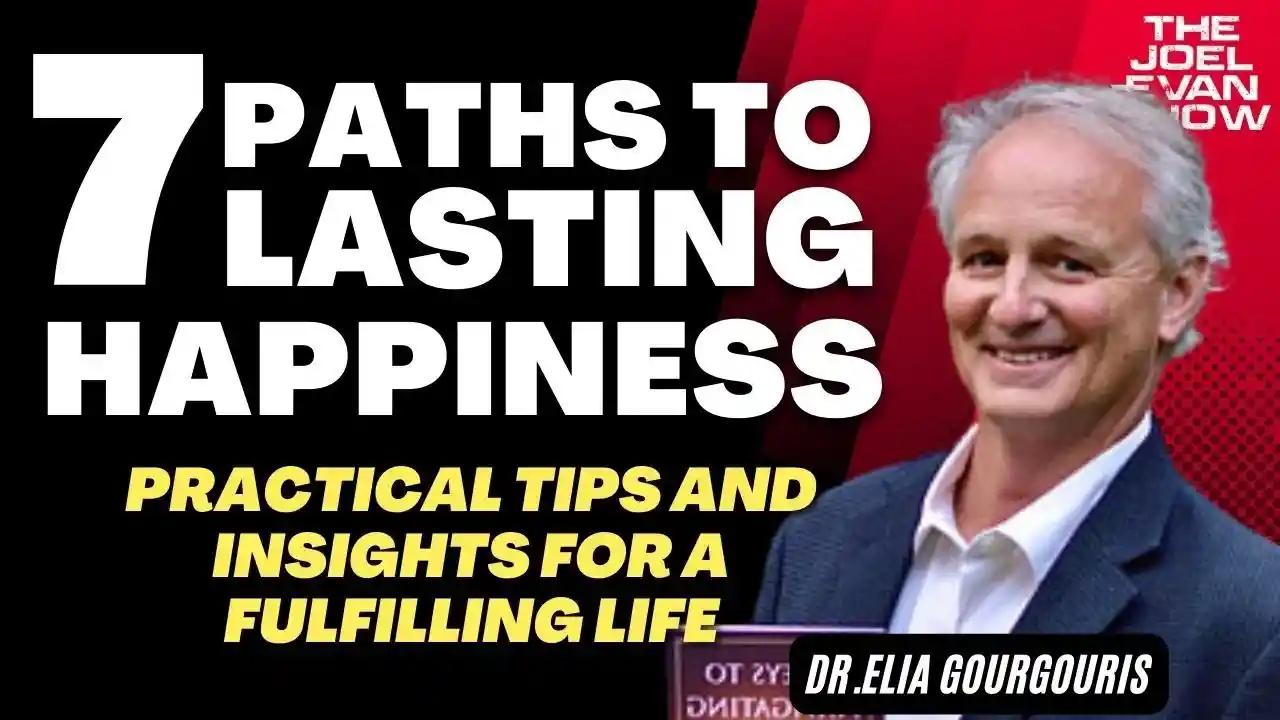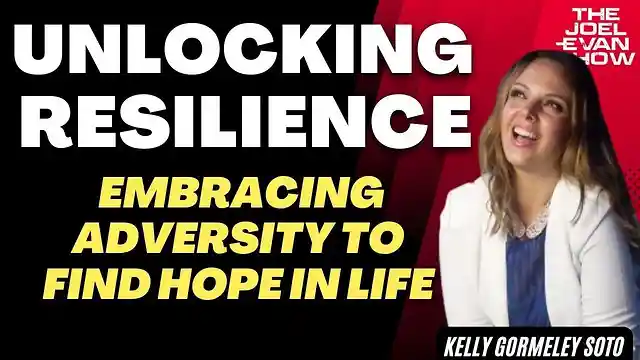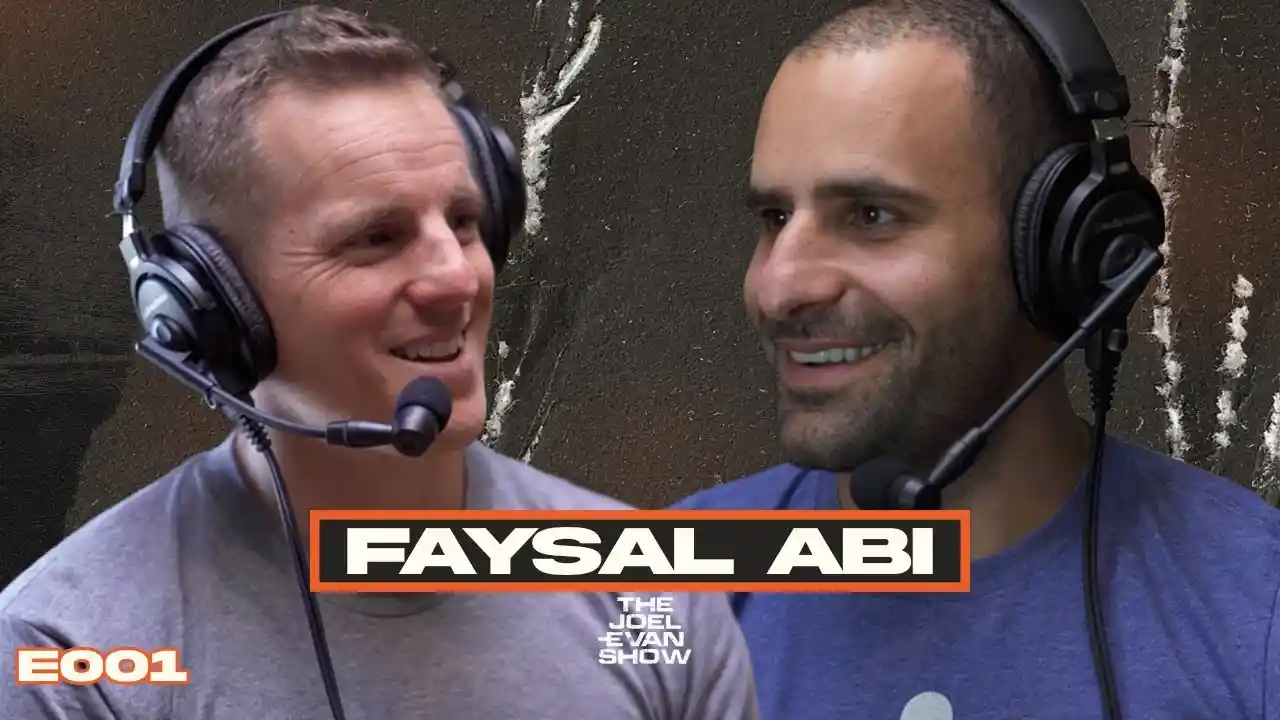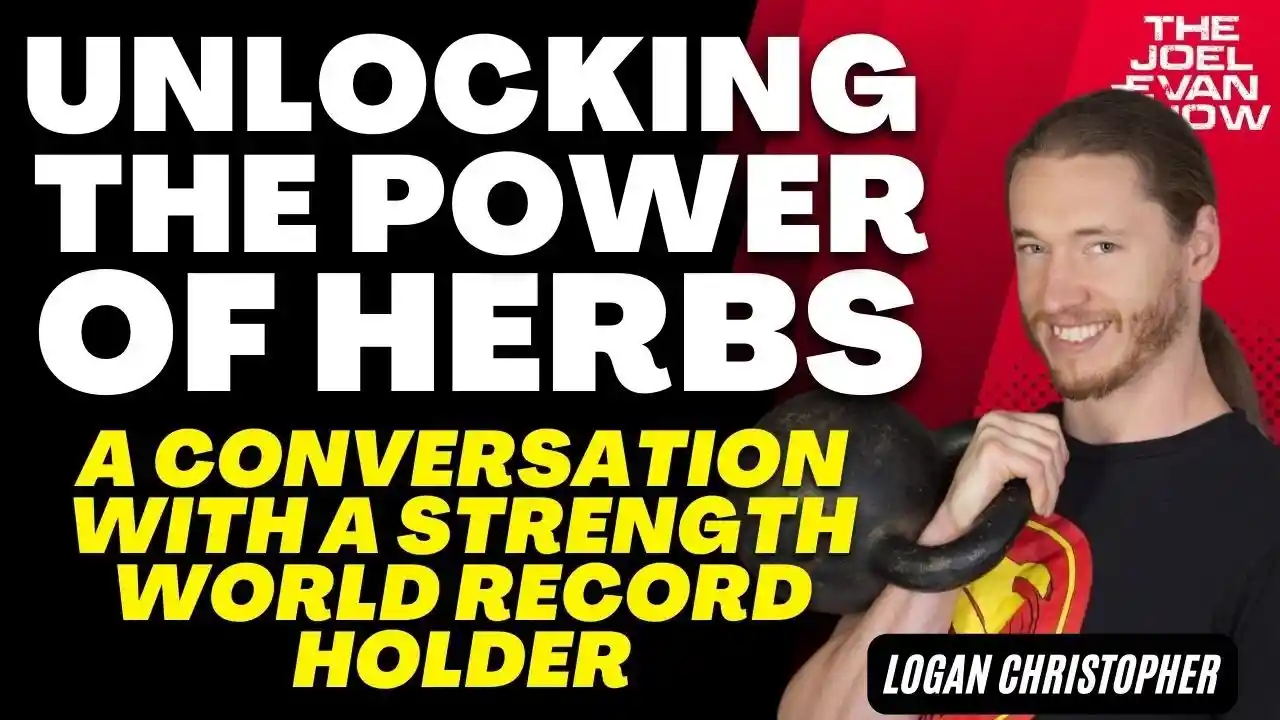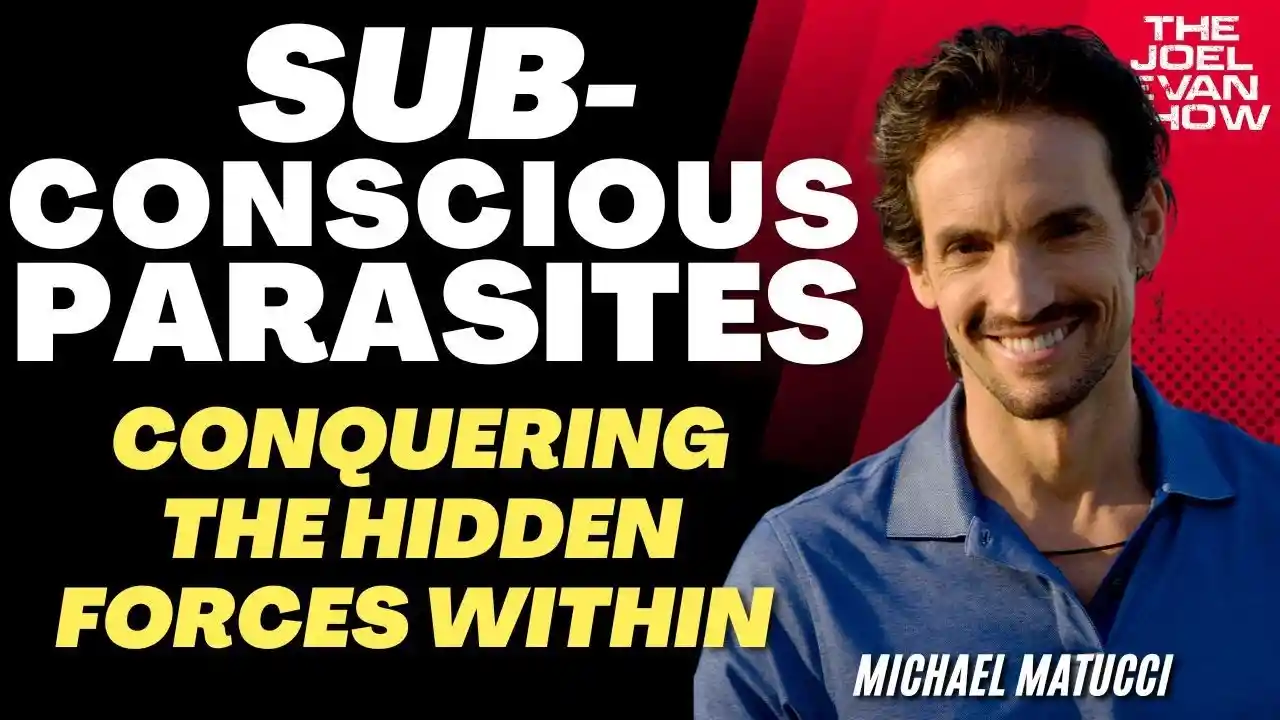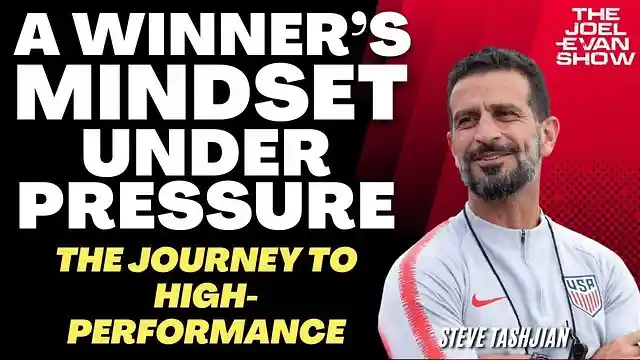Maintaining a Winner's Mindset Under Pressure - Steve Tashjian
""If you want a highly collaborative environment, if you want to not only speak of an organization's where there's no titles, just roles and responsibilities, then show it by being vulnerable first.""
Steve Tashjian, a high-performance expert and consultant, shares his journey in the world of sports and how he transitioned into working with leadership and executive teams. He emphasizes the importance of being surrounded by great people and always saying yes to opportunities. Steve highlights the key themes he focuses on when working with organizations, including vision, purpose, trust, collaboration, and vulnerability. He believes that leaders should be open to possibility and change, admit their mistakes, and show vulnerability to build trust and create a highly collaborative environment. The conversation explores the importance of vulnerability, trust, and collaboration in leadership and high-performance environments. It emphasizes the value of learning from failures and debriefing them effectively. The guest, Steve Tashjian, shares insights from his experience working with elite athletes and how those lessons can be applied in everyday life and leadership roles. He highlights the significance of understanding individuals' needs, being patient, and building trust in order to bring out the best in them. The conversation also touches on the challenges of maintaining a winner's mindset and executing a process under pressure.
Takeaways
✅ Key themes for high performance in organizations include vision, purpose, trust, collaboration, and vulnerability.
✅ Leaders should admit their mistakes, be transparent, and show vulnerability to build trust.
✅ Debriefing failures is crucial for learning and growth in organizations.
✅ Leaders should create a safe space for admitting faults and taking ownership.
✅ Vulnerability is a powerful tool for gaining trust and building a collaborative environment. Leaders should be open about their role and take ownership of mistakes.
✅ In high-performance environments, such as sports and corporate settings, individuals have free choice and should be treated as individuals. The myth of blindly following a coach's orders does not work.
Timeline
00:00 The Journey to High Performance
11:17 The Key Elements for Peak Performance
24:55 Building Trust through Honoring Vulnerability
29:36 The Power of Vulnerability and Trust
31:56 Lessons from Working with Elite Athletes
35:44 Navigating High-Pressure Environments
49:43 The Elevation Project: Serving Diverse Clients




![Post-Traumatic Fitness & Sports Therapy for First Responders - Sonya McVay [The Six]](https://e360tv.com/public/uploads/images/episode-1722516105.webp)
![Targeting the Root Cause of Acne with Probiotics - Dr. Yug Varma [Phyla Biotics]](https://e360tv.com/public/uploads/images/episode-1722115801.webp)


